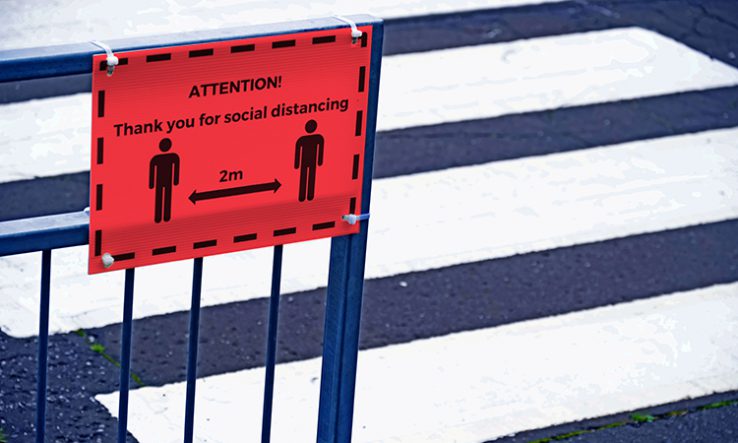
Draft bill that equates universities with schools misunderstands needs of students, they say
A planned law to protect Germany from future pandemics has failed to adequately provide for the needs of universities—especially students—according to higher education leaders.
Germany’s rectors have come down hard on a draft of the country’s infection act, which was submitted on 19 April to the Bundestag, the German parliament. The German Rectors’ Conference (HRK) said that the law, which sets the same rules and parameters for schools and higher education institutions, would unnecessarily affect researchers and students.
“The current form of the law does not adequately take into account the achievements of the universities to date, their very different tasks and characteristics, and the greatest possible protection of the specific educational biographies of young people,” said HRK president Peter-André Alt.
Alt pointed out that universities had already made great achievements in reducing the risk of infection while enabling students to complete and successfully graduate from their studies. “It is incomprehensible that the bill now simply equates them with schools, ignoring the different conditions and risk situations,” he said.
The draft law is being amended to regulate anti-pandemic measures on a national level, as opposed to the current situation, in which the individual states set their own policy. According to the draft, schools and other institutions of higher education will be “prohibited from conducting face-to-face classes” if the incidence rate of an infection passes the threshold of 200 infections per 100,000 people in a region.
In an addendum to the law, some tasks undertaken by universities would be exempt from this prohibition. However, the HRK said these exemptions were “far from sufficient” and not legally secure.
“In addition to research, exceptions are necessary for laboratory activities, internships, practical and artistic training sections, and examinations,” said Alt. He added that university libraries must also remain accessible, at least to pick up books.
“Otherwise, there is a risk of lasting damage to educational biographies and academic work,” Alt said. “Students in the arts and humanities, but also in sports science and human medicine, would be particularly affected.”
The HRK pointed out that universities had largely managed to avoid becoming centres of infection due to strict hygiene measures introduced as a prerequisite of face-to-face teaching. The group pointed out that the draft law failed to recognise such achievements.
Furthermore, the law regulates testing for diseases such as Covid-19 at schools, but makes no mention of how and if this would be conducted at universities, the HRK said.
“When it comes to testing strategies, on the other hand, politicians have obviously only thought about the schools and forgotten about the universities,” the group said. The draft states that “students and teaching staff at general education and vocational schools shall be tested for SARS-CoV-2 coronavirus infection twice a week”.
Germany’s education and science union, GEW, responded to the draft law in a separate statement, saying it welcomed the government’s attempt to create binding national regulation on pandemic control. However, the union also voiced concerns about the incidence threshold, saying that this should be lowered to 100 infections per 100,000 citizens for institutions that look after children, who are known to spread Covid-19 easily, often without showing symptoms.
“It’s wrong to pull the emergency brake on schools and day-care centres only when the incidence value reaches 200,” the union said.
The draft of the infection act is expected to be passed by the Bundestag this week.